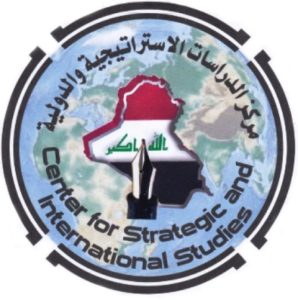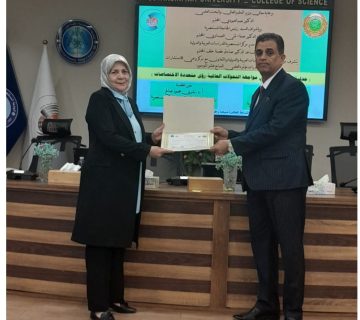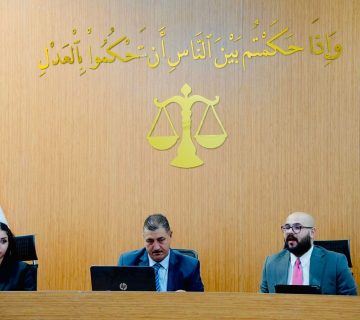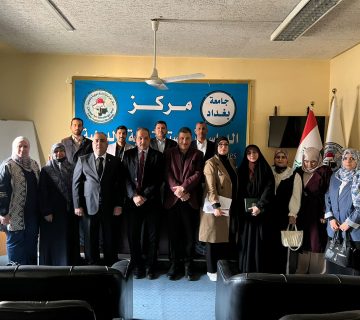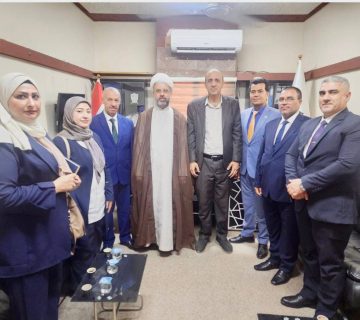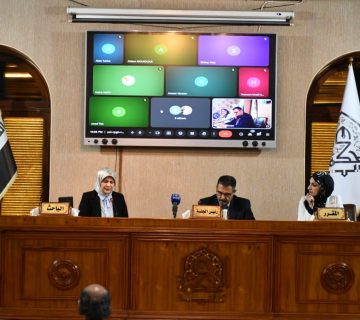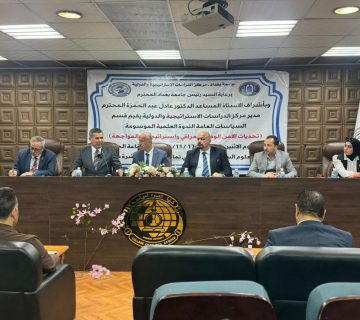Under the patronage of the President of the University of Baghdad, Prof. Dr. Bahaa Ibrahim Insaf, and under the supervision of the Director of the Center for Strategic and International Studies, Assistant Professor Dr. Asaad Taresh Abdul Redha, and Dr. Sattar Jabbar Alai, Head of the Department, the Department of Crisis Studies held its quarterly scientific symposium entitled “Elections and Political Stability: Evaluating the Iraqi Experience after Twenty Years”
The symposium was chaired by Dr. Ahmed Abdul Wahid Abdul Nabi, a researcher and academic at our center, which included five main axes and 14 scientific research papers presented by researchers from inside and outside our center.
The symposium came out with a number of important scientific recommendations:
1- The electoral system should express the desire and aspirations of society for the political reality, as it represents the mechanism through which legitimacy is granted to the ruling authority, and the closer the electoral legislation is to the societal opinion, the more this is reflected in political stability and the nature of participation in the electoral process.
2- The political system is able to deal effectively and efficiently through its political institutions with the inputs of its internal and external environment, so it is closer to a state of stability without the need for ideology and movement. Therefore, the rational performance that enhances the effectiveness of the political system lies in adopting institutionalism and complying with its outputs.
3- Enhancing the integrity of elections through legal reforms and providing a safe environment for electoral participation that ensures the continuity of the democratic process. In addition, enhancing political awareness among citizens and increasing popular participation in elections will contribute to achieving the required change and supporting stability.
4- Iraq still has the opportunity to achieve democratic stability if challenges are dealt with seriously, especially external ones, and encouraging youth and community movements may be in relation to corruption, political sectarianism and interventions, which may be the key to driving the wheel of reform towards building a more stable and effective democratic system.
E- The voter’s choice must be a conscious choice, i.e. stemming from knowledge and awareness, i.e. based on knowledge of the motives and results that will result from this choice and nothing else.
The symposium concluded with the participants being awarded certificates of appreciation by Dr. Asaad Taresh Abdul Redha, Director of our Center, in appreciation of the efforts of the participating researchers.
